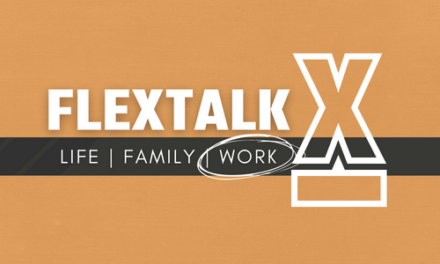- “Mindset: The New Psychology of Success” by Carol Dweck is a popular book that explores the concept of growth mindset and its impact on success.
- The book argues that an individual’s mindset – either a fixed or growth mindset – determines their potential for success. A growth mindset is characterized by a belief that one’s abilities and qualities can be developed through effort, while a fixed mindset is the belief that one’s abilities are set and cannot be changed.
- The book offers insights and strategies for adopting a growth mindset and how it can lead to greater achievement in various areas of life, including work and personal relationships.
Are you looking for ways to unlock your full potential and achieve greater success in both your personal and professional life? If so, you might be surprised to learn that it all starts with your mindset. In her book, “Mindset: The New Psychology of Success,” Carol Dweck explores the concept of growth mindset and how it can have a powerful impact on our achievements.
What is Growth Mindset?
A growth mindset is characterized by a belief that one’s abilities and qualities can be developed through effort. This mindset is in contrast to a fixed mindset, which is the belief that our abilities are set and cannot be changed. Dweck argues that a growth mindset can lead to greater achievement in various areas of life, including work and personal relationships.
The Benefits of a Growth Mindset
So, why is a growth mindset so important for success? Here are a few key benefits:
- Embraces Challenges and Setbacks: With a growth mindset, you view challenges and setbacks as opportunities for growth and learning. Rather than being discouraged by obstacles, you see them as a chance to develop new skills and improve.
- Fosters a Positive Work Environment: A growth mindset also encourages a positive and supportive work environment. When everyone is focused on growth and improvement, it creates a culture of collaboration and support.
- Encourages Continuous Learning: Adopting a growth mindset also means being open to new experiences and continuously seeking out opportunities to learn and grow. This ongoing learning mindset can lead to greater personal and professional success.
- Promotes Resilience: Finally, a growth mindset can also help you to be more resilient in the face of setbacks and failures. With a growth mindset, you believe that you can always improve, which can help you to bounce back from challenges and setbacks.
How to Adopt a Growth Mindset
So, how can you adopt a growth mindset for greater success? Here are a few strategies to get you started:
- Reframe Challenges and Setbacks: One of the first steps to adopting a growth mindset is to reframe the way you view challenges and setbacks. Instead of seeing them as failures, view them as opportunities for growth and learning.
- Emphasize the Power of Effort and Persistence: Another key aspect of a growth mindset is recognizing the power of effort and persistence. By putting in the time and effort required to improve, you can unlock your full potential and achieve greater success.
- Focus on the Process, Not Just the Outcome: It’s also important to focus on the process of learning and improvement, rather than just the end goal. Celebrate your progress along the way and embrace the journey as an opportunity for growth.
- Surround Yourself with Supportive People: Finally, surround yourself with people who have a growth mindset and seek out mentors who can help you to grow and develop. This supportive network will encourage you to continue to grow and reach your full potential.
Adopting a growth mindset can have a powerful impact on your personal and professional life. By embracing challenges and setbacks, fostering a positive work environment, encouraging continuous learning, and promoting resilience, you can unlock your full potential and achieve greater success. So, what are you waiting for? Start adopting a growth mindset today!
- How has the concept of growth mindset influenced your approach to challenges and obstacles?
- In what ways do you think embracing a growth mindset can positively impact personal and professional relationships?
- How do you balance the belief in hard work and effort to achieve success, with the idea that some qualities and abilities may be innate?
- How can individuals, organizations, or communities promote and cultivate a growth mindset?
- Can having a growth mindset also lead to negative effects, such as constant self-doubt or burnout from constantly striving for improvement?



